Do's and Don'ts for Scientists Who Want to Shape Policy
Paul Cairney counsels homework and lots of patience.
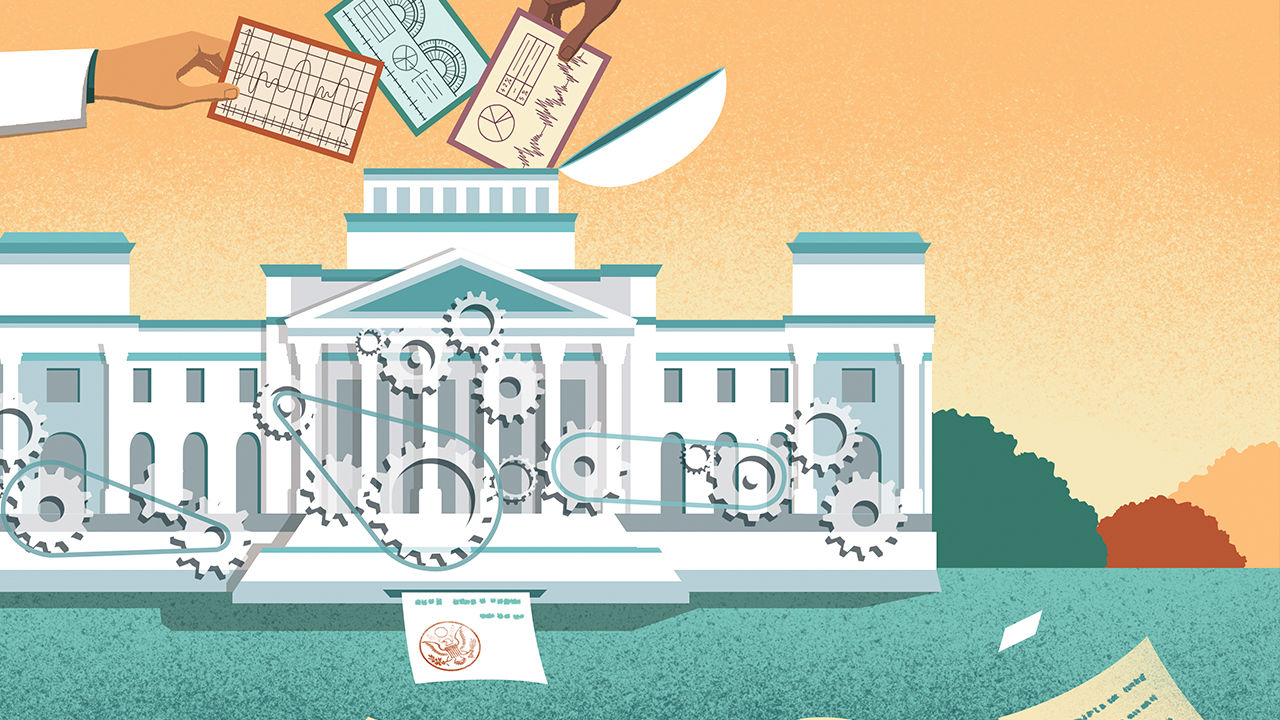
Send us a link
Paul Cairney counsels homework and lots of patience.

22 April demonstrations planned for more than 100 cities around the world
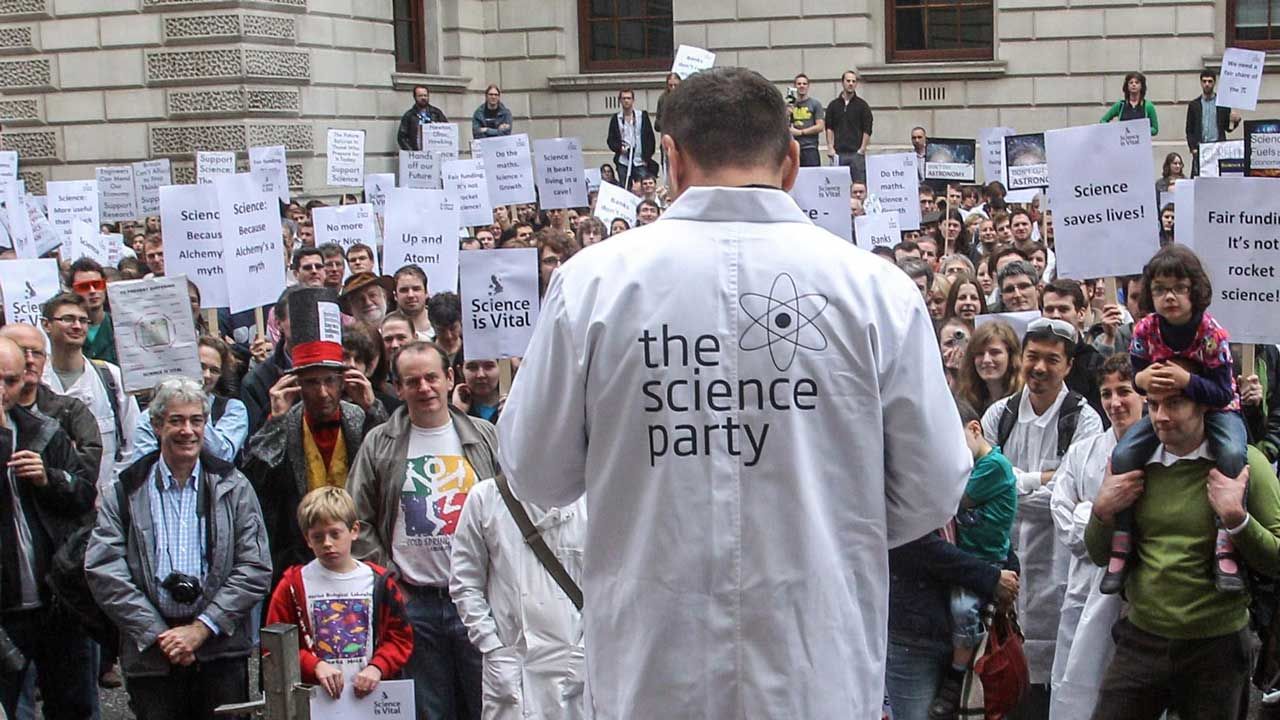
In the wake of the Flint water crisis and with a new notably anti-science president, U.S. scientists are reevaluating how to navigate the tension between speaking out and a fear of losing research funding.
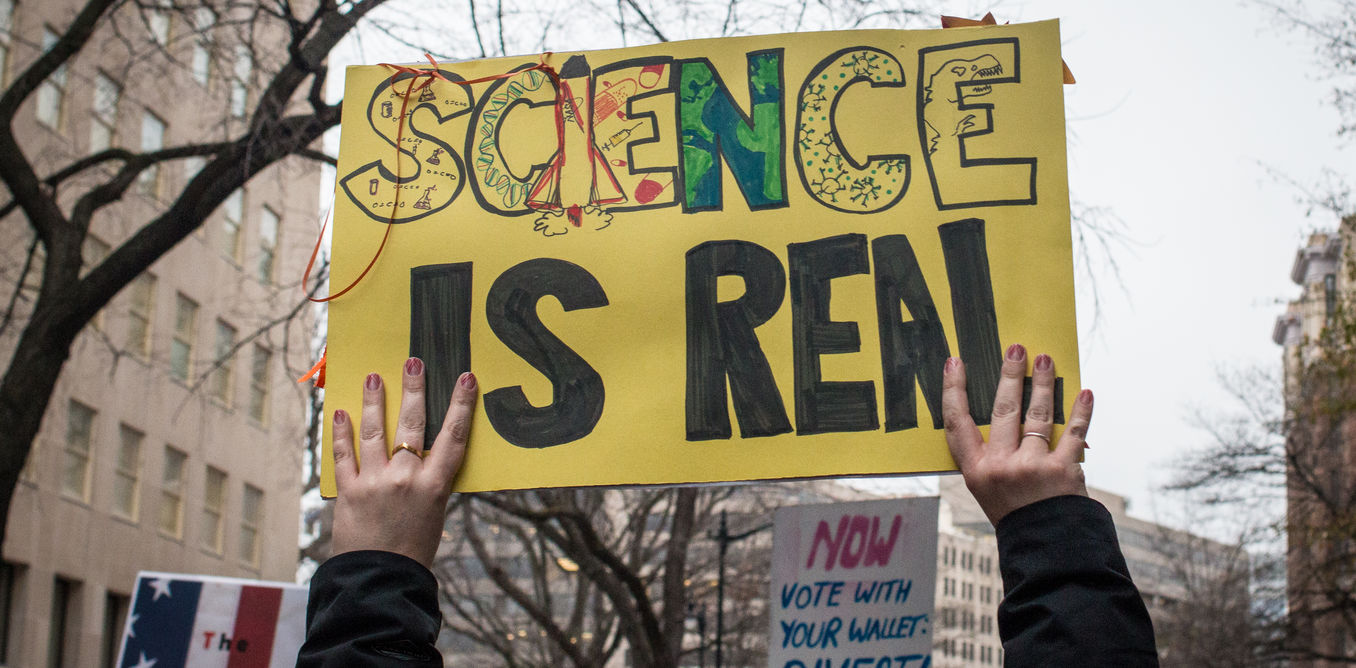
President Trump’s unconventional stances cannot go unchallenged.
The research commissioner Carlos Moedas has named the panel of 15 advisers who will steer the launch of the European Innovation Council.

John Morgan considers the impact on students and US scholars, and the political earthquake’s potential positives
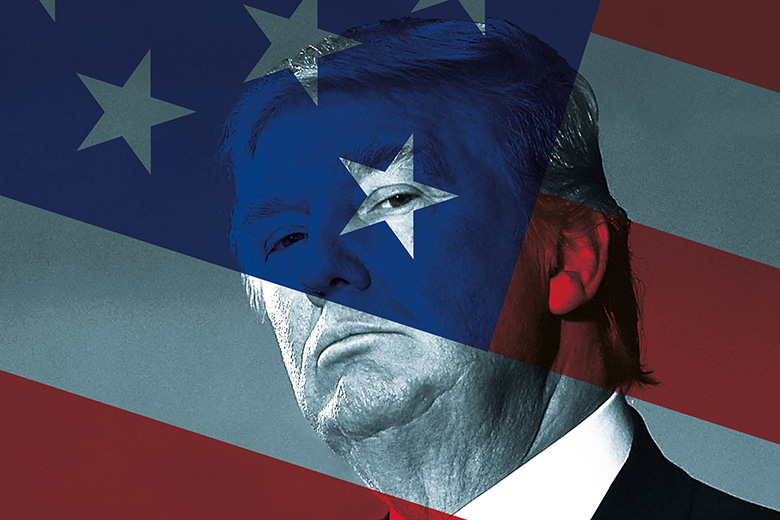
Science, technology, and innovation are vital to America’s economy and workforce, and the competitiveness of U.S. industry. The authors offer five recommendations to ensure the establishment of an effective White House Office of Science and Technology Policy.
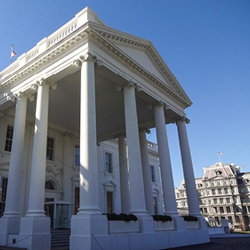
Research can produce good evidence to inform local, national and international policy that, in turn, has the potential to transform lives for the better. But influencing policy is neither easy nor automatic – you need to want to do it. To be successful, you need to be open to different ways of working. Here are 10 things you need to know.

After a decade of progress, Argentina’s scientists are battling a government bent on twisting public conceptions of their role.
The technique could be faster and more versatile than developing GMO crops from scratch.
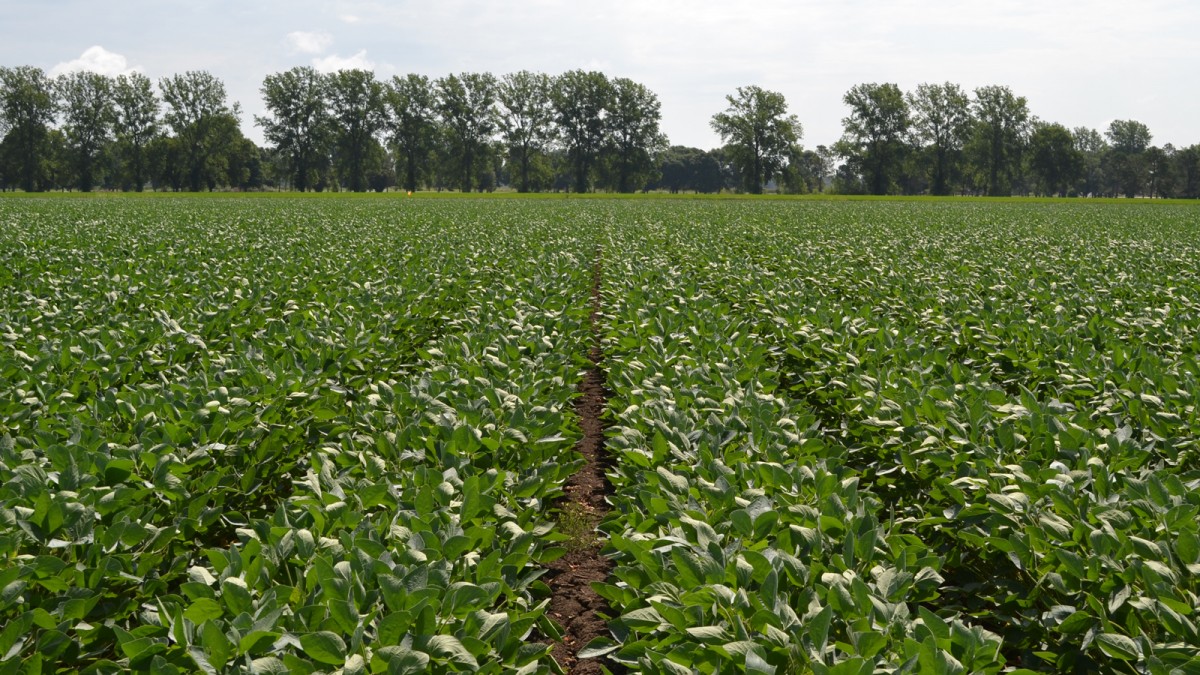
Sociologist Matthijs Rooduijn explains why the darkening political mood must force academics to step up and choose sides.

Fellow Congress members should rely on peer-reviewed science, not fake news.

Congress is poised to approve a massive piece of legislation that would provide the National Institutes of Health (NIH) with $4.8 billion over the next decade for a set of research initiatives, including brain and cancer research and efforts to develop so-called precision medicine treatments that are tailored to an individual’s genetic makeup.
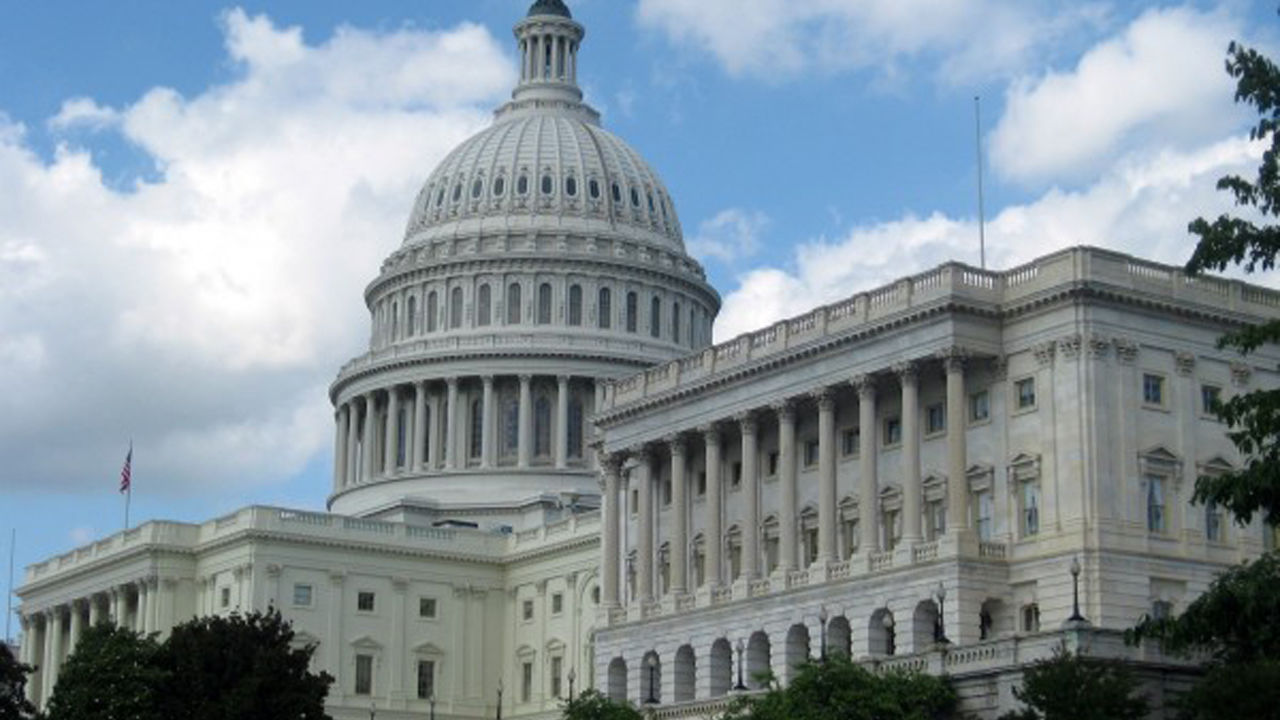
If politicians can lie without condemnation, what are scientists to do? Kathleen Higgins offers some explanation.
As the Paris Agreement to limit global temperature rises comes into force this month, these are the universities that have, between 2011 and 2015, produced the environmental science research with the greatest impact
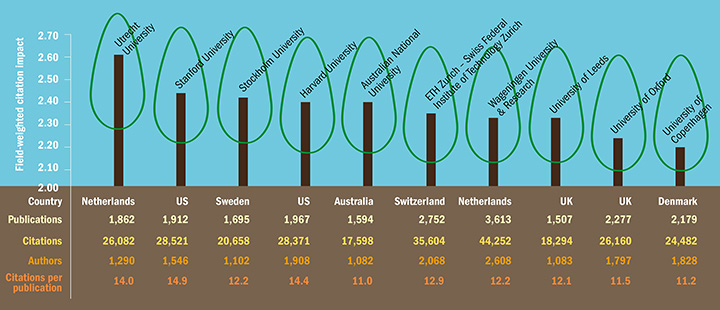
Researchers naturally want their work to make a difference, but the sad fact is that it often has little influence beyond academia

The World Intellectual Property Organization today announced its new Open Access policy to promote the widest possible public access to its publications, furthering the Organization’s commitment to the dissemination and sharing of knowledge.
